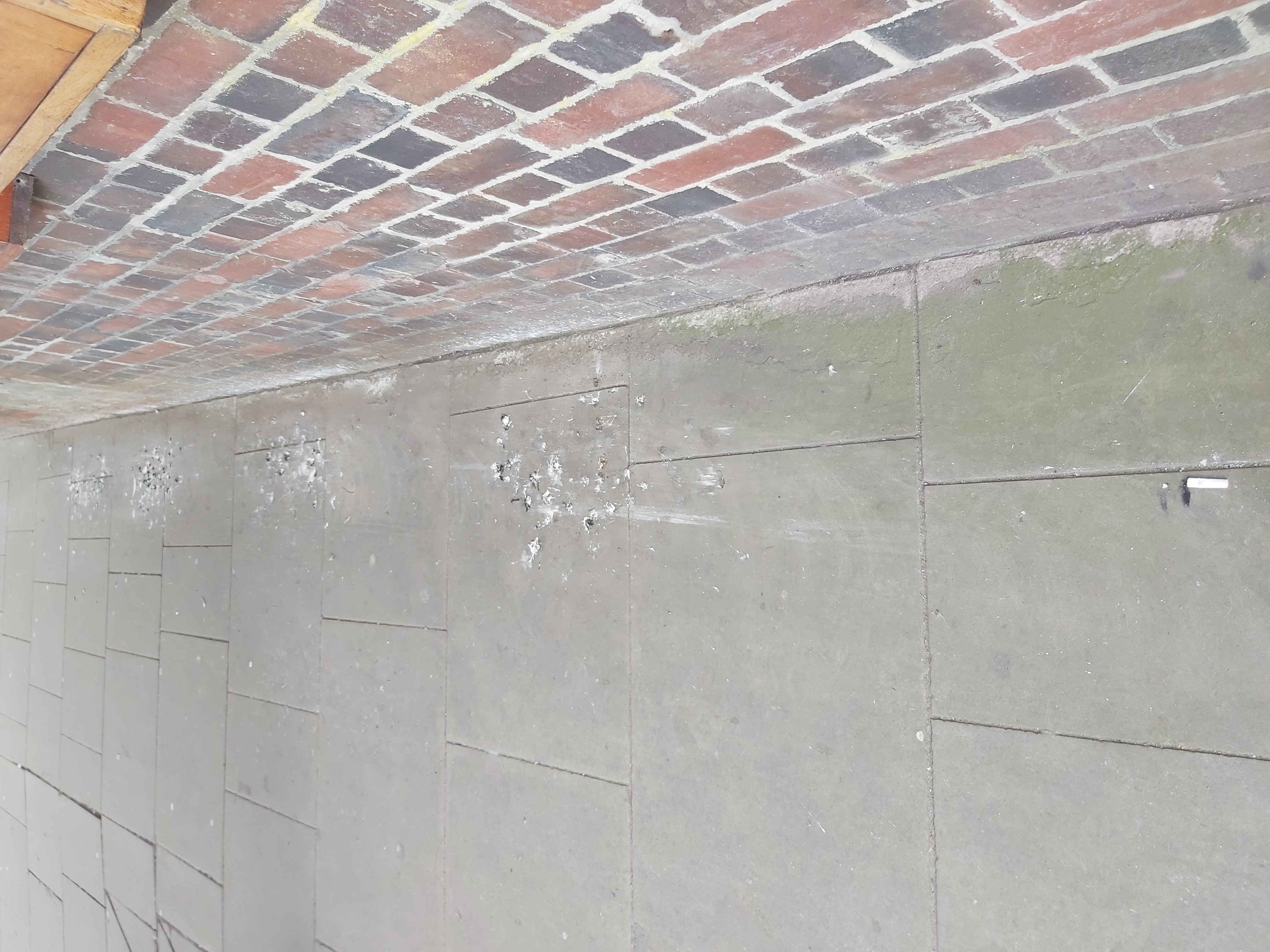-
01488 686195
Pigeons
Pigeons
03/08/2021
Pigeons in Hungerford
Hungerford Town Council recently instructed a contractor to carry out a cull to reduce the pigeon numbers in Hungerford. This was completed by a professional licensed contractor in line with the legal requirements of the Wildlife and Countryside Act 1981. A cull is justified when there is a threat to public health and other non-lethal methods of control are found to be impractical or ineffective.
Surveys have been carried out by professional contractors
and numerous methods of non-lethal control have been used to try and reduce the
well-established pigeon colony. Unfortunately, the number of pigeons in
Hungerford continued to rise and many complaints were being received.
Why did we need to reduce the number of pigeons?
Risk to public health: Feral pigeons act as reservoirs for many micro-organisms and zoonotic organisms which can cause infections and allergic diseases. Pathogens can be transmitted to humans by excreta, secretions or dust meaning that direct contact with the bird is not required. Though risk of transmission to healthy humans is low, there is a greater risk of infection with immuno-supressed people
Accidents: Pedestrians slipping on surfaces/pavements covered in pigeon droppings.
Damage to buildings: The acidic nature of the droppings can cause brickwork and woodwork to deteriorate. Litter from the birds, either through dropping from nest and roosting sites falls onto roads, pavements, and buildings.
Distress to residents: Invasion of pigeons into homes, residents unable to open windows and noise of birds on roofs and windowsills.
Non-lethal steps taken to address the problem
Installation of netting, spikes and fire gel to buildings, roofs, ledges and signs to prevent pigeons settling to roost and breed in the centre of town. Many property owners have pigeon proofed their buildings and Network Rail has proofed under the railway bridge, but this control method just causes the population to move to another building or area of the town. We cannot enforce owners to pigeon proof their properties.
Reduction of food supply.Education of the local population not to feed the birds including press articles and signage. Street traders clearing up food waste as a condition of their license.
Daily cleaning of pavementsby West Berks Council Street cleaner.
Exploration of relocation of birds to a sanctuary
Consideration of the use of dovecotes
